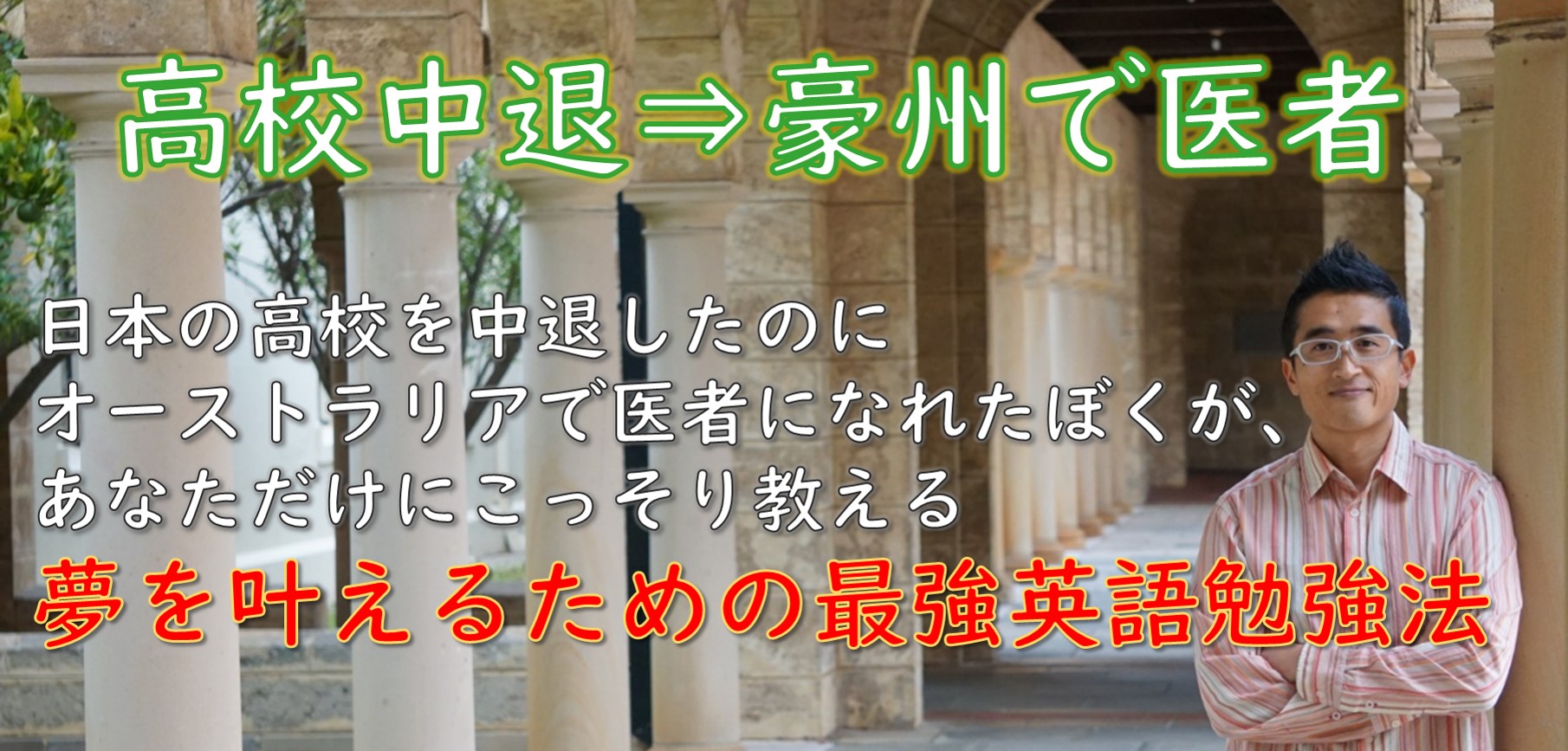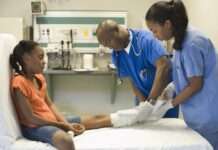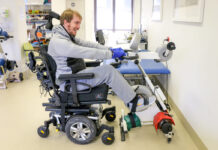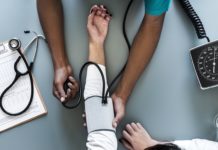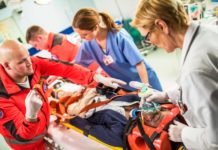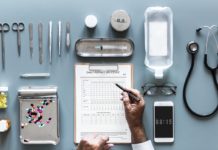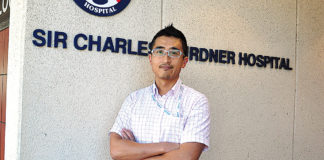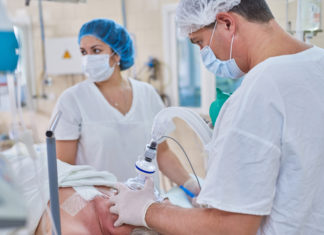1)Elective Placement
うちの医学部には、3年生と4年生の間に、学生が自分で選んだ病院に最低4週間研修する Elective Placement という課目がある。
最初は、南極のメディカルチームに参加して研修をしようと思っていたのだが、最低3ヶ月いないといけないと言われ、ぼくは「南極医学生物語」のプランを断念した。
南極のプランをあきらめると、ぼくは以前から興味を持っていた iPS細胞の臨床活用の知識と経験を深めるために、京都大学付属病院と慶応義塾大学病院にコンタクをとり、臨床研修をする計画を進めた。しかし、うちの医学部がこれらの大学と提携を持っていないということで、ぼくの申請書は拒否されてしまった。
ぼくはあきらめずにうちの大学に提携を申し込んでもらうようにお願いしたが、時間が間に合わずに結局日本の病院ではなく、パースの病院で研修することを決めた。(来年からは、うちの大学からも京都大学付属病院と慶応義塾大学病院に研修に行けるはずである。ぼくも医学界にほんのわずかながらも貢献できたのかもしれない)
南極のように海外の病院で研修をする場合は、International Elective Placement の課目をとる。海外からの医学生を受け入れている病院はデータベース(一例)から探してもいいし、自分で病院にコンタクトをとって研修させてくださいとお願いしてもいい。ハーバード大学病院(Massachusetts General Hospital)を選ぶ人もいれば、アフリカのサバンナにあるクリニックを選ぶ学生もいる。
ぼくが2016年ブルームで臨床研修したように、僻地の病院・クリニックで研修する学生は、Rural Elective Placement の課目をとる(自分で院にコンタクトをとって研修させてくださいとお願いすることがほとんど)。
都心部で研修する学生は Urban Elective Placement をとる(自分で病院にコンタクトをとって研修させてくださいとお願いしてもいいが、自分の興味がある学科を医学部に伝えると、それに合ったお医者さんと病院を紹介してくれる)。詳しい内容は以下の通り。
IMED5413 Urban Elective Placement
- Credit
- 0 points
- Offering
(see Timetable) -
AVAILABILITY LOCATION MODE Non-standard teaching period Local hospitals and clinics Face to face - Content
- The urban elective placement is a four to six-week placement which allows students to undertake clinical training in a local healthcare system. The unit is undertaken during the vacation between Year 3 and Year 4 of the Doctor of Medicine (MD) course.
- Outcomes
- Students are able to (1) demonstrate appropriate professional attitudes and behaviours, demonstrate capacity for personal and professional development, apply ethical and medicolegal frameworks; (2) promote and participate in collaborative and patient centred health care, evaluate a local healthcare system; (3) promote good health care for culturally and linguistically diverse patient groups or underserved communities; (4) perform patient assessment, diagnostication and management, communicate effectively with patients, families and other health professionals in a local health environment; (5) apply principles of lifelong learning; and (6) apply principles of evidence-based practice to health issues in a local health environment.
- Assessment
- Typically this unit is assessed in the following ways: (1) professional behaviour assessment and (2) elective report. Further information is available in the unit outline.
To pass this unit, a student must: (a) achieve an overall mark of 50 per cent or higher for the unit; and (b) achieve the requisite standard(s) for the elective report component of the unit, as specified in the unit outline.
Supplementary assessment is available for those students who receive an unacceptable rating in their elective report or clinical placement component of the unit.
- Unit Coordinator(s)
- Professor Tony Celenza
- Unit rules
